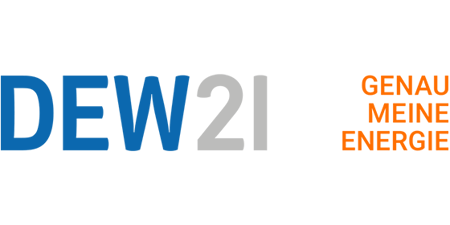
Client:DEW21
Region:Europe
Industry:Energy and Utilities
How DEW21 has extensively automated and optimized its processes

60+
RPA Projects
> 300,000
cases resolved using RPA
Client Overview
Founded in 1995, Dortmunder Energie- und Wasserversorgung GmbH (DEW21) supplies electricity, natural gas, heat, and water to over 600,000 residents and numerous businesses in and around Dortmund. The company, deeply rooted in the region, is evolving into a sustainable life provider and is actively driving digital transformation and automation. DEW21 aims to be climate-neutral by 2035 and already generates around 285 GWh of electricity from renewable sources, investing over 100 million euros in the development of climate-friendly heat supply.
Partner
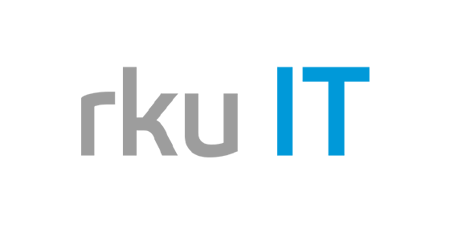
Dortmunder Energie- und Wasserversorgung GmbH (DEW21) has been exploring the benefits of robotic process automation (RPA) since 2018, particularly in handling cases in market communication and billing—with great success: software robots now automatically process over 300,000 cases, relieving employees of these repetitive tasks. For DEW21, RPA is not just an IT project, but a business initiative aimed at fostering a culture of innovation.
DEW21 supplies electricity, natural gas, heat, and water to more than 600,000 residents and numerous businesses in and around Dortmund.
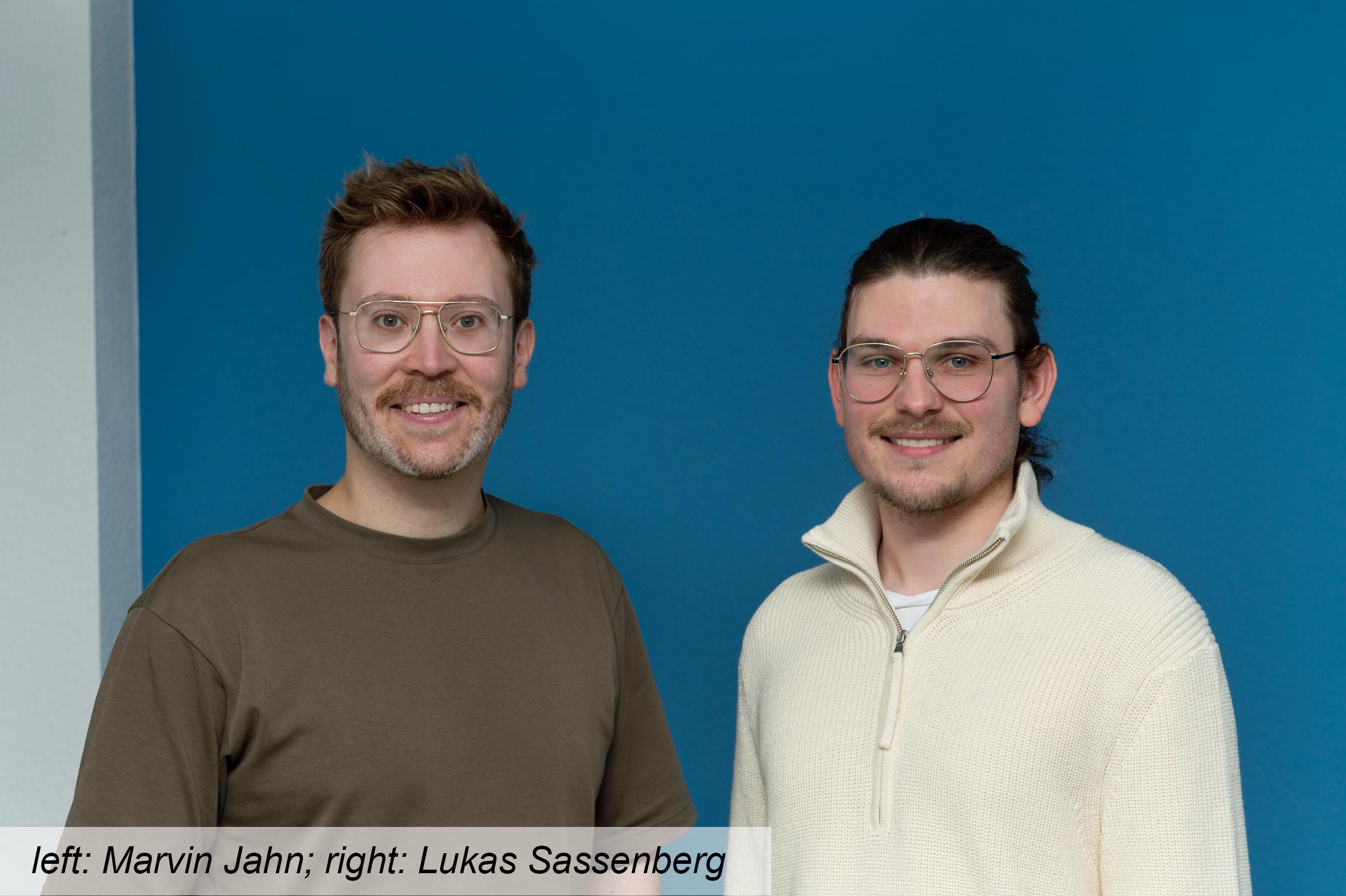
Automating repetitive processes
As part of the internal strategy the regional energy company has defined key goals to advance its transformation into a "sustainable life provider." The focus areas include sustainability, customer centricity, creating value for customers through digital products, as well as digitalization and automation of processes. “We see sustainability, digitalization, and automation as two sides of the same coin, and have always considered these topics together,” explains Marvin Jahn, Innovation Manager in Corporate Development at DEW21. To date, the company has automated 60 repetitive processes that were previously carried out manually, with more being added continuously. The goal is to digitize and automate most routine processes. “In this way, we not only significantly increase the efficiency and transparency of our operations, but also reduce paper consumption, which conserves valuable resources in line with our sustainability strategy,” elaborates Marvin Jahn. Cost savings are also a crucial aspect given the high price pressure the utility company has faced since the energy crisis.
Automation as a catalyst for an innovation culture
At DEW21, automation is not just seen as an IT project but primarily as a strategic business or change initiative that is intended to spark a cultural shift. Or, as Marvin Jahn puts it:
It’s not just about automating processes; we want to establish and promote an innovation culture in which humans and machines work together harmoniously.
Marvin Jahn • Innovation Manager in Corporate Development at DEW21
The company has been working with robotic process automation (RPA) since 2018. rku.it, DEW21’s long-standing IT partner, introduced the topic at that time, sparking immediate interest. The initial pilot project, which involved customer re-registration using RPA, convinced decision-makers of the potential of automation to optimize processes. This led to a desire to automate as many repetitive processes as possible within the company with the support and advice of rku.it. After thorough market research, DEW21 found the right solution with UiPath Business Automation Platform. The software provider impressed with its holistic platform approach, particularly regarding the integration of process mining technology.
Digitalization and automation shape the future path of our company. This requires the support of trusted partners like rku.it and UiPath.
Lukas Sassenberg • Business Process Analyst in Market Communication/Billing at DEW21
Central toolbox for case resolution processes
DEW21 has made significant progress on its “Automation Journey.” Currently, the departments of Controlling, Financial Accounting, Network Control, Billing Services, HR, Asset Control, and Accounts Receivable Management are all using RPA. The main area of application for RPA is in market communication and billing, where hundreds or even thousands of system clarification cases arise daily: during new registrations, meter readings, billing, as well as cancellations and de-registrations. “These tasks were previously handled primarily manually by our employees. Automation of the case resolution process allowed us to achieve the greatest impact here,” emphasizes Lukas Sassenberg. Under the project name “Klara” (Case Resolution Automation Robot), DEW21 and rku.it worked closely together to develop a central toolbox for subprocesses that software robots should automatically handle. Approximately 50 subprocesses in market communication and billing are already covered by this toolbox, including name verification during cancellations, identification of own metering points, plausibility checks of meter readings, and requesting missing data. “The modular principle offers the great advantage that cases in individual processes no longer need to be laboriously identified in the SAP system. Additionally, further case resolution processes can be integrated into the toolbox easily and quickly within a few weeks,” explains Lukas Sassenberg.
Bots save thousands of hours of work time
Bots developed by rku.it based on the UiPath Platform now process hundreds of thousands of standard cases. This frees up staff time for more complex tasks, such as handling special cases and supporting customers—the key to customer-centricity. “Thanks to automation, we can handle increasing workloads with the same number of employees, and mitigate the impending skills shortage to some extent, which is a clear added value,” says Marvin Jahn. Technically speaking, a bot known as the dispatcher monitors processes in the IT system, identifies cases, and assigns them to the appropriate processes in the toolbox at regular intervals. Another robot then processes the assigned cases sequentially. For example: a customer is supplied by DEW21, and another supplier handles the cancellation for the customer. If the system fails to assign the cancellation automatically to the correct supply point, this previously required manual intervention. Currently, 40 percent of cases involving the verification and assignment of customer names or supply points are automated and quickly handled by a bot. In the long term, this proportion is to be increased to 75 percent to further accelerate processes and reduce processing times.
RPA in the future with the help of process mining
Marvin Jahn draws a positive conclusion: “We have already achieved a lot in terms of process automation and will continue on this path consistently. An important factor for the acceptance and success of the RPA project was that we introduced the topic of automation to the individual departments early on during a roadshow, thereby bringing them on board.” Meanwhile, more and more suggestions for further processes to automate are coming from the departments themselves. To assess the suitability of processes for automation, they are evaluated based on criteria such as scalability, frequency, dependency on other processes, and automation risk. In the future, it is planned to use data-driven analyses with UiPath Process Mining solution to identify processes suitable for RPA. To test the benefits for DEW21, the end-to-end process “Meter to Cash” (M2C) is currently being evaluated in a pilot project using process mining.
Partner:
As a service provider of IT solutions, rku.it has been offering reliable and future-oriented outsourcing and consulting services primarily in the utilities and transportation sectors since 1961. The portfolio ranges from the provision and operation of IT infrastructures and cloud services to application consulting and business process outsourcing based on a new IT platform. Over 130 companies trust the services of the Herne-based SAP Run Gold and Microsoft Partner.


